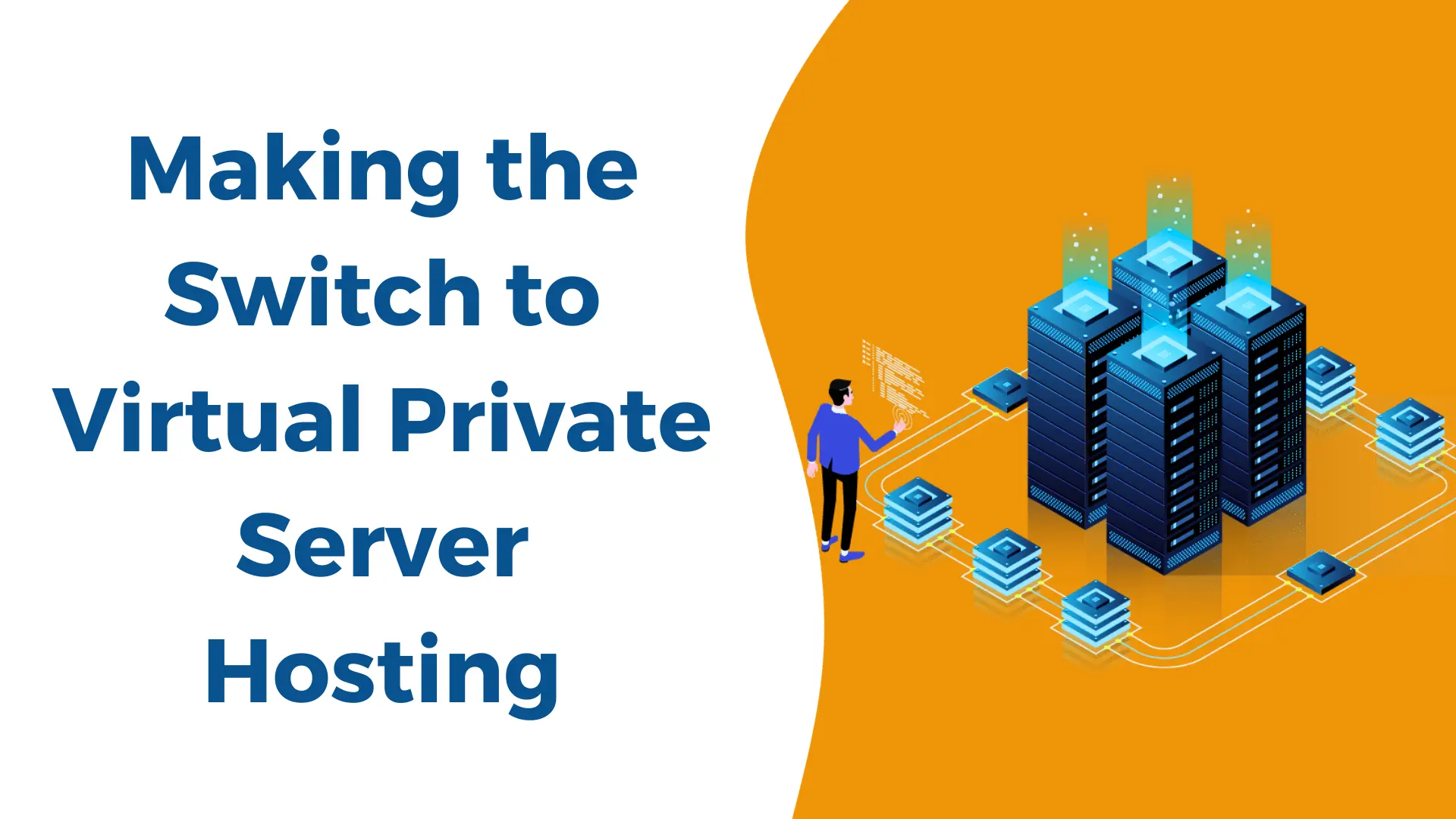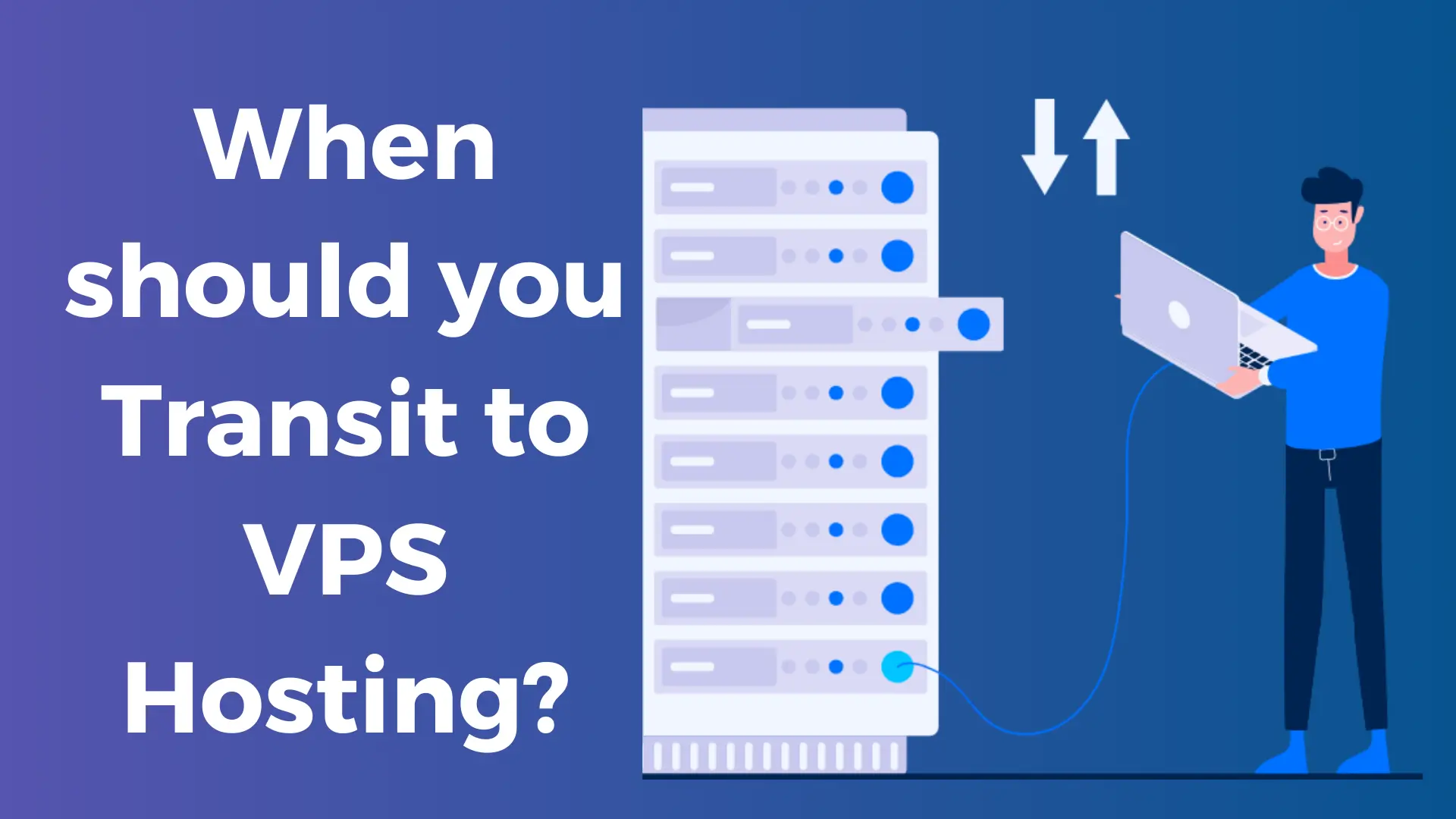
There is a common perception that VPS hosting is superior to Shared hosting, and you may have even been advised to make the switch. Here are the top five arguments for making the change we’ve compiled. But first, let us explain what each of these phrases means.
To have a website available online, you need web hosting, which is the service of renting or purchasing online storage space. A web hosting service provider is necessary since only some organizations can host and maintain a website on their own. Different companies provide various hosting options, each with its own set of advantages and disadvantages.
Due to their low cost, shared hosting services are frequently the starting point for online businesses. Shared hosting plans are the most cost-effective option, making them ideal for new enterprises and start-ups. The setup and rollout processes for shared hosting plans are also simplified.
Shared Hosting
This is shared hosting when numerous websites are hosted on the same server. All resources, including storage space, processing power, and memory, are shared equally among all users. While the low, upfront cost of shared hosting makes it attractive to new and small business owners, the security and safety of everyone’s data is compromised when everyone shares the same server. There is a chance of slowdowns and security breaches due to the shared nature of the servers.
VPS Hosting
VPS stands for Virtual Private Server hosting; it uses a single server divided into different servers by virtualization technology. As a user, you will never realize that there are other users on this server. As for you, it is as good as a Dedicated server. If we compare it with Shared hosting, VPS hosting is always safer as you get a dedicated virtual server for yourself.
When should you Transit to VPS Hosting?

When your site or app requires more power, speed, and scalability than shared hosting, it’s time to switch to VPS (Virtual Private Server) hosting. Here are some warning signs that it may be time to switch to virtual private server hosting:
- Suppose your website suddenly gets many visitors and shared hosting cannot keep up. In that case, you may consider upgrading to a virtual private server (VPS) with additional resources.
- If you’re having trouble with your website’s performance on shared hosting due to poor loading times, frequent outages, or a lack of resources, a virtual private server (VPS) may be the answer.
- A VPS is the best option when a website needs particular software installed, unique customizations made, or access to server-level possibilities unavailable in shared hosting setups.
- Increased server resources may be required to accommodate expanding e-commerce or an expanding firm since both require more processing power. Your VPS Server hosting needs might grow as your company does.
- For websites that handle sensitive customer data or financial activities, VPS hosting is a safer solution than shared hosting due to increased isolation between accounts.
- Suppose you require access to the server’s root directory to install and set up sophisticated programs. In that case, the ideal solution is to utilize a virtual private server (VPS) rather than shared hosting. Shared hosting frequently restricts access to the server’s root directory.
- A VPS may provide such resources if your website often handles huge media files or databases that need additional storage and processing capacity.
- Suppose your website sees significant traffic spikes during specific seasons or campaigns. In that case, a VPS can provide the freedom to increase or decrease resources as needed to accommodate the influx or decline in visitors.
- A VPS Server is your best bet if you need to execute complex performance optimization strategies or run programs heavy on system resources.
- Having your virtual private server (VPS) can give you greater control over security and data processing, making it easier to comply with industry or organization-specific compliance regulations.
Why Switch to VPS Hosting?
Improved Reliability
Shared hosting resembles dominoes. One nasty user can crash the server.
Good news: shared hosting is going away. More hosting businesses are overselling their servers and adding customers. It will lead to poor dependability and service discontinuation.
Shared servers affect website uptime and speed. If a 15-year-old web programming aspirant on your server crashes it, your website will suffer. VPS hosting is more stable than shared hosting. Most nodes host a few servers. VPS Server Ensures performance and uptime.
Committed Means
Your VPS’s resources are yours and yours alone, just like they would be on a dedicated server. Compared to shared hosting, VPSs provide significantly more significant memory and processing power.
The implication for you is what?
More traffic can be handled by a more significant number of applications. It’s a win-win since we don’t have to pay extra money to do all this.
Efficient Green Platform
Eco-friendly technology and green hosting have been trending for years. It would help if you minimize your carbon imprint.
Your dedicated Manage VPS Hosting server uses all its resources. It also implies that the server’s power usage benefits just you.
A VPS Server splits a dedicated server into many virtual settings. This lets more users use the physical server. It optimizes resource utilization.
Enhanced Efficiency
A considerably more significant degree of performance is possible when additional resources are devoted only to the demands of your organization. Your site’s visitors will immediately notice the difference in load time due to increased capacity and processing power. This leads to more participation, better conversion rates, and a better position on search engine results pages.
It also implies that their server’s performance will improve and their procedures will have less effect on other ongoing activities. If you send many emails or back up a lot of data, it will keep your website going.
Completely Overseen Operations
You need not worry about server maintenance if you upgrade to the Manage VPS Hosting server. Most hosting providers offer Virtual Private Server hosting and handle all your care.
A reliable hosting service provider should provide updates and maintenance for both hardware and software. Regular security updates will also be provided. You might want to look elsewhere if you locate a service provider who doesn’t give this.
Cost Effective
It’s a common misconception that VPS solutions must be financially within reach. Costs are anticipated to continue to decrease due to developments in virtualization technology.
While the exact amount will vary from one Manage VPS Hosting provider to the next, you can anticipate significant cost savings. Rates vary widely from service provider to service provider, so it’s essential to shop around before settling on a supplier.
Is Virtual Private Server Web Hosting the Best Option? Conclusion
You should think about this and come to your decision. There is no doubt that virtual private server hosting provides several advantages. However, Whether or not it works for your website and business is based on those factors.
Remember that moving to Manage VPS Hosting requires some technical know-how, so you should either already have some experience with server management or be willing to learn as you go. If you’re unsure what to do, it’s best to ask for help or switch to a hosting plan that includes server administration and maintenance (“managed VPS hosting”).
 Register
Register
